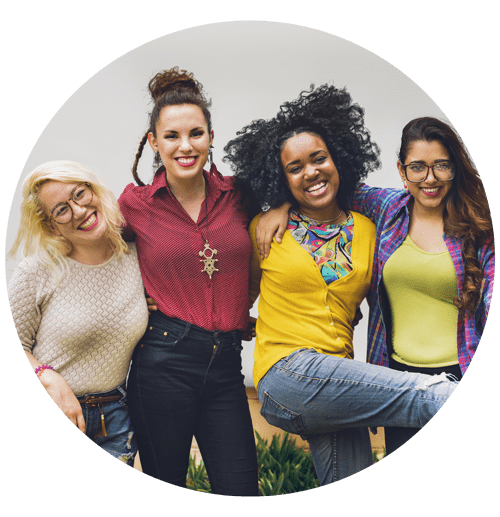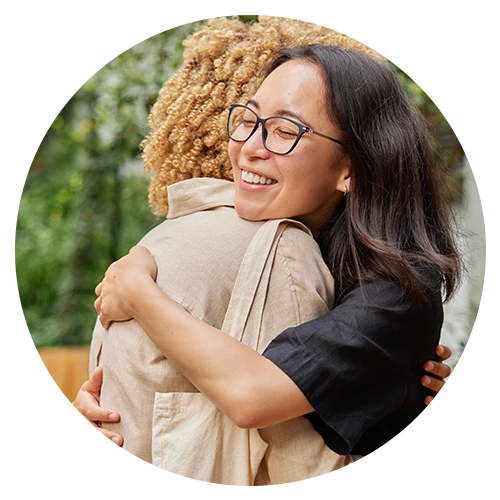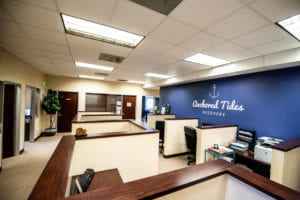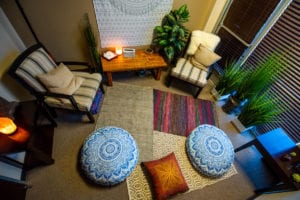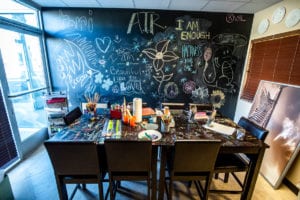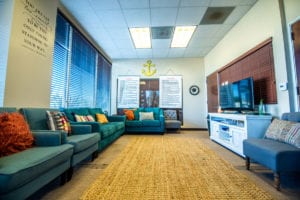LEVEL OF CARE STRUCTURED FOR WOMEN
Comprehensive Eating Disorder Treatment
in Orange County
- Home
- Women's Addiction Treatment Services
- Disordered Eating Support
Eating disorders are complex mental health conditions that require specialized treatment and support. Individuals suffering from disorders such as anorexia, bulimia, and binge eating disorder can find a range of treatment options that cater to their unique needs. Here at Anchored Tides Recovery in Huntington Beach, we are committed to structuring comprehensive eating disorder treatments, emphasizing outpatient treatment programs designed to support recovery while allowing participants to maintain their daily routines.
We Are In-Network With The Following:

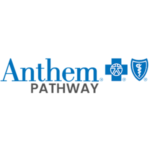
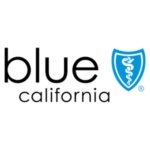
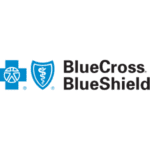
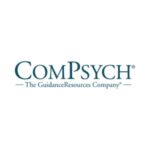

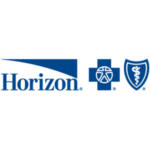
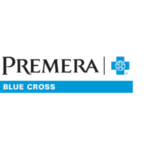
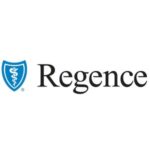
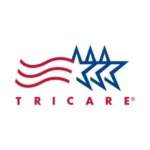
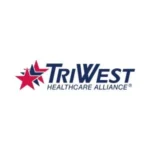
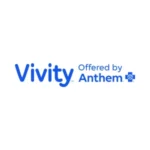
Below are additional providers Anchored Tides Recovery may be able to work with or accept for treatment for yourself or a loved one. Don’t hesitate to contact us to verify your coverage and explore your options. Call us at 866-329-6639 or submit the insurance verification form.
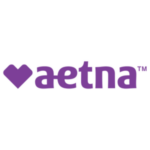
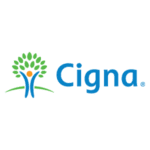



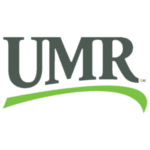


Understanding Eating Disorders

Fear of Eating in Front of Others
The fear of eating in front of others, clinically known as "social eating anxiety," is a condition where individuals experience intense anxiety or distress when eating around other people. This fear often stems from a deep-seated worry about being judged or scrutinized for their eating habits, food choices, or physical appearance while eating. It can manifest in various ways, such as avoiding social gatherings that involve food, choosing to eat alone, or experiencing significant stress during meals with others. This condition can be particularly debilitating, as it not only isolates individuals from social interactions—which are often centered around meals—but can also lead to nutritional deficiencies and disordered eating patterns if meals are skipped or inadequate. Treatment typically involves cognitive-behavioral techniques to address the underlying anxiety. For instance, to gradually reduce fear in social eating situations, a treatment like exposure therapy, and sometimes, support groups where individuals can share experiences and strategies in a supportive environment.
TREATING ADDICTION
3 Benefits of Treating Disordered Eating:
1. Improved Physical Health:
Getting help for an eating disorder can lead to significant improvements in physical health. Treatment can stabilize nutrition, restore healthy body weight, and prevent serious complications associated with malnutrition, such as bone density loss, cardiovascular issues, and organ damage.2. Emotional and Psychological Healing:
Treatment for eating disorders often involves psychological counseling, which helps individuals address the underlying emotional and cognitive factors contributing to the disorder. This can lead to improved mental health, including reduced symptoms of anxiety and depression, better stress management, and increased self-esteem.3. Enhanced Social and Relational Functioning:
Recovery from an eating disorder can also improve social relationships and daily functioning. Treatment helps individuals develop healthier coping mechanisms and communication skills, which can enhance interactions with family and friends, and allow for a more active participation in social activities and professional life.Key Influences on Eating Disorders:
1. Genetic Factors:
Research suggests that genetics can play a significant role in the likelihood of developing an eating disorder. If a close family member has had an eating disorder, others within the same family are at a higher risk.
2. Biological Factors:
Certain biological mechanisms, such as hormonal imbalances or differences in brain structure and function, may contribute to the development and maintenance of eating disorders.
3. Psychological Factors:
Issues like low self-esteem, perfectionism, or poor coping skills can make individuals more susceptible to eating disorders. Mental health conditions such as anxiety, depression, or obsessive-compulsive disorder are also commonly linked with eating disorders.
4. Environmental Factors:
Cultural, familial, and social pressures concerning body image, as well as stressful life events, can trigger or exacerbate eating disorders. The emphasis on thinness in many societies can also play a significant role.
Understanding and Compassion
It is important to approach those suffering from eating disorders with understanding and compassion. Stigmatizing or simplifying these conditions as mere choices can hinder individuals from seeking the help they need. Effective treatment often requires a multidisciplinary approach, including medical care, nutritional counseling, and psychotherapy, tailored to each individual’s needs. Recognizing that eating disorders are serious health conditions is crucial for supporting recovery and fostering a supportive environment for those affected.
DON'T WAIT ANY LONGER...
Levels of Care Available at Anchored Tides Recovery
Partial Hospitalization Program for Eating Disorder Treatment
The Partial Hospitalization Program (PHP) is a crucial step for many individuals in Orange County seeking comprehensive care for eating disorders such as anorexia nervosa, bulimia nervosa, and binge eating disorder. This level of care is particularly beneficial for those who require more intensive treatment than what is typically offered in outpatient settings but do not need around-the-clock supervision.
Structure and Components
PHPs generally operate five to seven days a week for several hours each day, providing a structured treatment environment while still allowing participants to return home at night. This structure supports individuals in maintaining a semblance of their daily lives, which can be beneficial for integrating recovery skills into real-world settings.
Intensive Outpatient Programs
Intensive Outpatient Programs (IOP) for eating disorders offer structured therapy sessions several times a week. These programs focus on Cognitive-Behavioral Therapy (CBT) and Dialectical Behavior Therapy (DBT), two evidence-based approaches that help individuals understand and change their eating habits and behaviors.
Outpatient Treatment in Orange County
For many residents of Orange County, outpatient treatment programs provide the necessary flexibility to receive therapy without the need for prolonged hospital stays. These programs, which include intensive outpatient and regular outpatient treatments, are ideal for individuals who have mild to moderate symptoms and are committed to recovery.
Regular Outpatient Programs
Regular outpatient programs may meet less frequently and are suited to those transitioning from intensive programs or those whose conditions are sufficiently managed without daily therapy. These programs emphasize continued support and relapse prevention, and they often include group therapy sessions that foster a supportive community environment.
HUNTINGTON BEACH WOMEN REHABILITATION CENTER
HEALING WOMEN FROM DRUG & ALCOHOL ADDICTION, MENTAL HEALTH, TRAUMA, AND EATING DISORDERS
Therapy Modalities
Cognitive Behavioral Therapy
Cognitive Behavioral Therapy (CBT) is a cornerstone of eating disorder treatment. CBT helps individuals identify negative thought patterns and behaviors that contribute to their eating disorders and replace them with healthier ones.
Dialectical Behavior Therapy
Dialectical Behavior Therapy(DBT) provides additional tools for managing stress, regulating emotions, and improving relationships with others, which are crucial for individuals struggling with eating disorders.
Family Therapy and Support Groups
Family therapy can be a part of the treatment plan, offering a space for loved ones to learn about the disorder and how to best support the individual’s recovery journey. Additionally, outpatient programs often include support groups which provide peer support and motivation from others who are facing similar challenges.
Choosing the Right Treatment Center with Anchored Tides Recovery
Recovery from an eating disorder is a journey that requires specialized treatment, support, and understanding. At Anchored Tides Recovery of Orange County, women searching for help can find different levels of care for outpatient treatment options that provide flexibility and comprehensive care structured to their recovery needs. Whether through a Partial Hospitalization Program (PHP) or an Intensive Outpatient Program (IOP), the path to recovery is built on a solid foundation of evidence-based therapy, family involvement, and ongoing support.
FAQ
Yes, it is possible for an individual to have symptoms of both anorexia and bulimia simultaneously. This condition is sometimes referred to as “bulimia-type anorexia” or more formally as an “eating disorder not otherwise specified”.
Eating disorders are not a choice. They are complex mental health conditions influenced by a variety of factors, including genetic, biological, environmental, and psychological elements. These disorders manifest through severe disturbances in eating behaviors and related distressing thoughts and emotions about body weight and shape. If you or a loved one is experiencing unusual eating behaviors, call us (866) 329-6639
Eating disorders are serious and complex mental health conditions characterized by abnormal or disturbed eating habits. These disorders can have significant physical and psychological impacts. Here are the primary types of eating disorders recognized by health professionals:
- Anorexia Nervosa
- Bulimia Nervosa
- Binge Eating Disorder (BED)
- Avoidant/Restrictive Food Intake Disorder (ARFID)
- Pica
- Rumination Disorder
- Other Specified Feeding or Eating Disorder (OSFED)
Feeling embarrassed to eat in front of others is often linked to anxiety about being judged or scrutinized for your eating habits, choices of food, or body image. This discomfort can stem from past negative experiences, social pressures, or personal insecurities related to appearance and self-perception. Addressing these feelings may involve exploring underlying issues with a therapist, developing healthier self-esteem, and gradually becoming more comfortable in social eating situations through practice and support.
Anorexia can lead to muscle atrophy, a condition where muscle mass is significantly reduced due to inadequate nutrition and insufficient protein intake. As the body is deprived of essential nutrients, it begins to break down muscle tissue to conserve energy and maintain vital functions. This muscle wasting not only weakens physical strength and endurance but can also exacerbate the overall health complications associated with anorexia, including increased risk of fractures and decreased organ function.
Transfer addiction, also known as addiction substitution, occurs when an individual replaces one addictive behavior with another. This typically happens during or after recovery from the original addiction, as the underlying psychological or emotional issues that contributed to the addictive behavior may still be present. For example, someone who has recovered from alcohol dependency might develop a compulsive eating or gambling habit, shifting their dependency rather than fully resolving the root causes of their addictive behavior.
A FEW WORDS FROM OUR CLIENTS
STORIES OF RECOVERY
I would highly recommend anchored tides! I was a client at anchored tides for almost a year and it was such an amazing place to be and played a major part in my recovery. First the owners Becca and Amy are such amazing women who truly care about helping women and run an honest recovery center with great therapists, case managers & staff. This place helped me integrate back into life and always encouraged me throughout the time I was there. I now have almost 18 months sober and am truly blessed by the life I have today and a HUGE thank you goes out to achored tides and all that they did to help to get me where I am at today. I truly couldn’t not say enough good things about this place or the amount of love that I have for everyone here!
I would highly recommend anchored tides! I was a client at anchored tides for almost a year and it was such an amazing place to be and played a major part in my recovery. First the owners Becca and Amy are such amazing women who truly care about helping women and run an honest recovery center with great therapists, case managers & staff. This place helped me integrate back into life and always encouraged me throughout the time I was there. I now have almost 18 months sober and am truly blessed by the life I have today and a HUGE thank you goes out to achored tides and all that they did to help to get me where I am at today. I truly couldn’t not say enough good things about this place or the amount of love that I have for everyone here!
What an amazing place Anchored Tides is. As Amy explained when we first visited, girls and women are an afterthought in many treatment programs, which often are founded and structured for boys and men. Anchored Tides’ holistic approach to ALL of the co-existing issues that girls and women face is groundbreaking, and so appreciated. They are wonderful people who do inspiring work and make the world a better place every day. I highly recommend their sober living and IOP. The founders have crucial and relevant lived experiences and care deeply, and they are amazing role models for all the women help.


